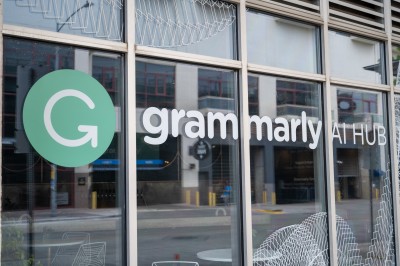As part of “business redesigning,” Grammarly is letting go of 230 workers worldwide today. To focus more on “the AI-enabled workplace of the future,” Grammarly is letting people go.
Grammarly CEO Rahul Roy-Chowdhury wrote in a memo to workers, “To arrive at today’s decision, we took a look at our organisational design and the current skillsets of our teams through the lens of our company strategy
The team will need a distinct combination of talents and capabilities as we focus on the AI-enabled workplace and extend our technical investments in AI. Also, we must reorganise our organisation to boost cooperation quality and speed, which includes reorganising roles and co-locating teams.
Read also: How to improve your writing with Grammarly
CEO Rahul Roy-Chowdhury reported
Grammarly’s financial position is “strong,” Roy-Chowdhury said, so the layoffs are not cost-cutting. He claims the layoffs impact most Grammarly functions and regions.
A minimum of three months’ base pay and, if applicable, health insurance benefits will be provided to affected employees.
The memo states that Grammarly went from 200 to 1,000 personnel in five years, navigating industry and global challenges, including the Ukraine crisis and a “new age of AI.” The corporation has had to become more “strategic,” Roy-Chowdhury says.
“As for Grammarly’s future: We see massive opportunity as every individual and business harnesses AI,” Roy-Chowdhury stated. “We’ll build on this foundation to give customers more value. AI will transform the workplace, and Grammarly will lead the way.”
Grammarly is one of many IT companies downsizing at the moment. Over the past two weeks, Google, Microsoft, Snapchat, eBay, PayPal, DocuSign, Okta, Block, Discord, Twitch, and Duolingo have laid off many employees.
Grammarly received $200 million at $13 billion in November 2021. The startup would utilise the funds to invest in AI technologies, Roy-Chowdhury told reporters.
About Grammarly
Grammarly was founded by My Dropbox creators Max Lytvyn, Alex Shevchenko, and Dmytro Lider. Grammarly started as an English learning tool for college students. Daily English speakers got it later.
A Google security researcher found that Grammarly’s browser extension beta gave websites login tokens to access users’ documents and data in early 2018. In hours, firm patches didn’t destroy user data. Grammarly offered $100,000 for the first white hat business document thief in December BugerOne.
Grammarly stopped serving Russia and Belarus after the 2022 Russian invasion of Ukraine. The company also promised Ukraine 2014, Belarus, and Russia net revenue. The Ukrainian conflict was open to English correspondents.
In April 2023, Grammarly GO launched as a beta generative AI solution using GPT-3 big language models. Software prompts create and rewrite material.




